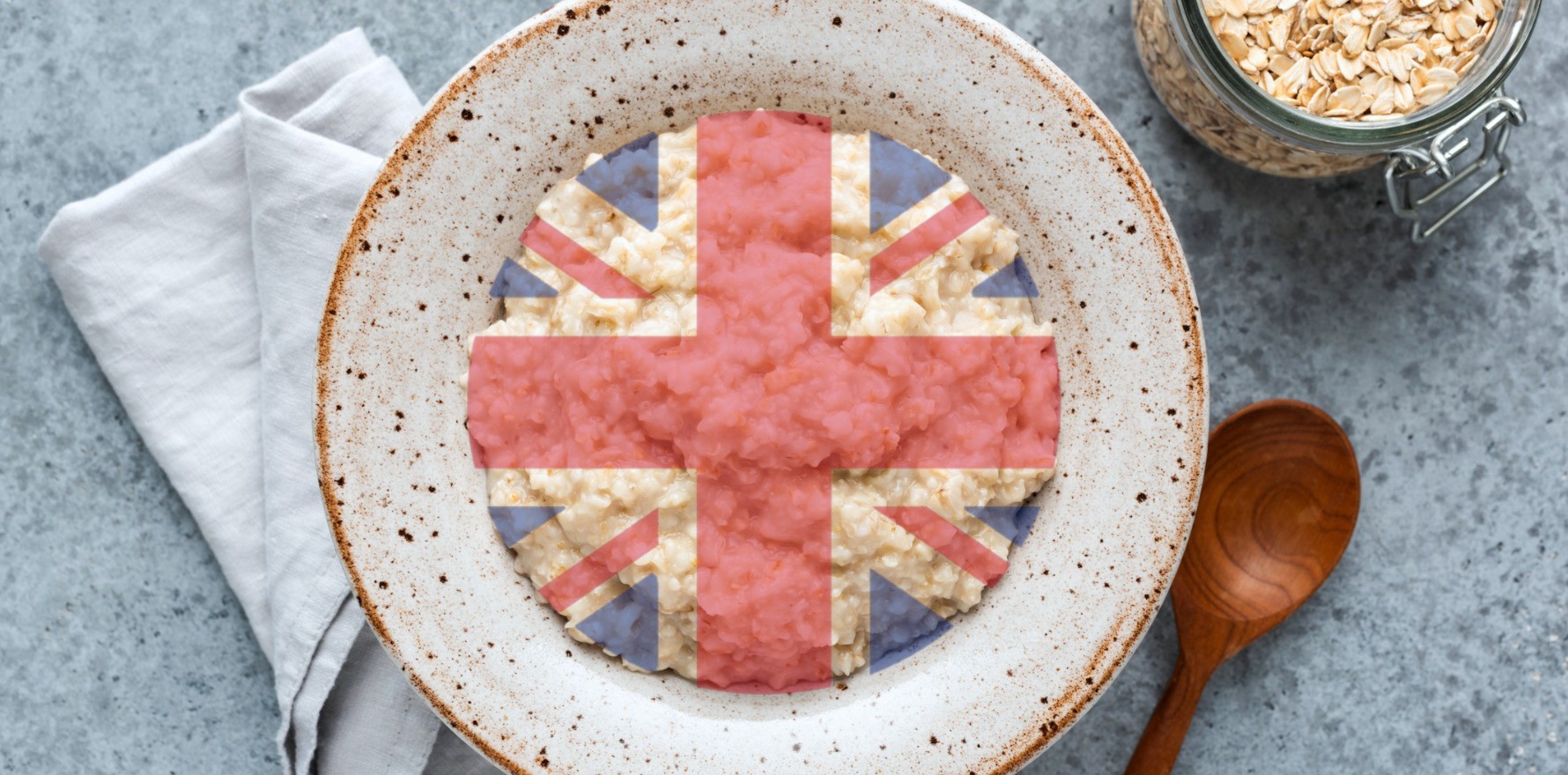Physician assistants don’t have a medical degree, AHPRA registration or a requirement to do CPD – and they’re able to prescribe medicines in Queensland.
Queensland Health appears to be taking a leaf from the NHS’ book by ramping up recruitment of physician assistants (PAs), to the horror of doctors.
A business case proposal circulating on X (formerly Twitter) proposes funding for a PA role in emergency departments within the Sunshine Coast Hospital and Health Service.
Duties for the proposed role included assessing, treating and referring emergency department patients, as well as doing shifts in the resuscitation suite, ambulatory care, paediatric and rapid emergency plan clinical pods.
AMA Queensland said it was aware of the proposal and would make a submission in the coming weeks.
“We are concerned about some of the evidence coming out of the UK of the impact of physician assistants on patient safety and the existing workforce, particularly junior doctors,” AMAQ president Dr Nick Yim told The Medical Republic.
Australia has been sound on the thorny issue of workforce substitution until very recently.
— Louella Vaughan (@DrLKVaughan) July 16, 2024
Now it seems Queensland wants to experiment with PAs!
Let's have a quick canter through the proposal. ?
1/ pic.twitter.com/2sECUPUgun
Technically, the physician assistant role is not new – Queensland Health started employing them in 2014.
However, due to the fact that there are no Australian training programs for PAs, they are rather thin on the ground.
The University of Queensland used to run a Masters-level PA course, but this was nixed in 2011.
James Cook University in Townsville was the sole remaining provider until at least 2021, but the degree no longer appears on the university’s list of active study options.
As of 2016, there were only around 40 Australian-trained physician assistants.
Of those, a minority were employed in the public sector, which is where PAs tend to have the broadest scope of practice.
Dr Yim said AMAQ was seeking clarification on what qualifications an Australian PA need.
“If physician assistants are going to be recruited from the UK and the US, we need to know how their level of expertise and competence will be assessed,” he said.
“We urge Queensland Health to commit adequate investment to attract, train and retain our own medical practitioner workforce before rolling out short-term, band-aid proposals that will not address our workforce crisis in the long-term.”
For at least eight years, Queensland Health-employed PAs have been authorised to prescribe and administer non-restricted medicines via hospital imprest systems.
They can’t write prescriptions that aren’t filled by the hospital pharmacy, nor can they prescribe medicines that are restricted to certain practitioners.
Queensland’s PAs can request scans that use ionising radiation.
Both of these duties (prescribing and ordering ionising radiation) would be out of scope for a PA based in the UK, where doctors are arguing that the role has expanded out of control.
Physician assistants are not regulated in Australia, meaning that they are not subject to AHPRA’s regulations.
They are not mandated to complete continuing professional development in the same way that registered health professionals are, and their indemnity insurance is covered by the hospital, as their employer.
https://t.co/GJ9rrZf2UX
— Liesel Ryan (@DrLiesel) July 16, 2024
Spread the word. Australia is set to follow the UK ‘Physician Assistant’ debacle. Patients beware, your healthcare is at risk @RACGPPresident @amapresident @brookmanknight @Mark_Butler_MP @qldhealth
On the other hand, PAs do work under the supervision of at least two doctors and adhere to a practice plan.
Related
RACGP president Dr Nicole Higgins, a Queensland GP herself, told TMR that the idea of scaling up the PA role in Australia was “deeply concerning”.
“Replacing doctors with physician assistants impacts health equity, training opportunities for doctors, and even worse, health outcomes and confusion among patients over if they are seeing a doctor,” she said.
“A recent report found UK physician associates without the required training have missed life-threatening diagnoses and attempted to illegally prescribe drugs.”
When you're watching the #NHS bin-fire from the antipodies @qldhealth, you're not meant to actively try to copy it. #FFS @ama_qld @amapresident
— QLDCountry GP (@QLDCountryGP) July 17, 2024
Apparently QLDers don't deserve medical care from doctors @QLDLabor. pic.twitter.com/P7nvgLmqde
The key difference between Australia and the UK when it comes to PAs is scale.
Where Australia has under 100 PAs, there are at least 3000 working in Britain, with plans to scale up to 10,000 by 2038.
Queensland Health was approached for comment but did not respond before deadline.
This article was updated on 18/07/24: the PA role is remunerated at $120k – $130k p.a., not $75k as previously stated.





